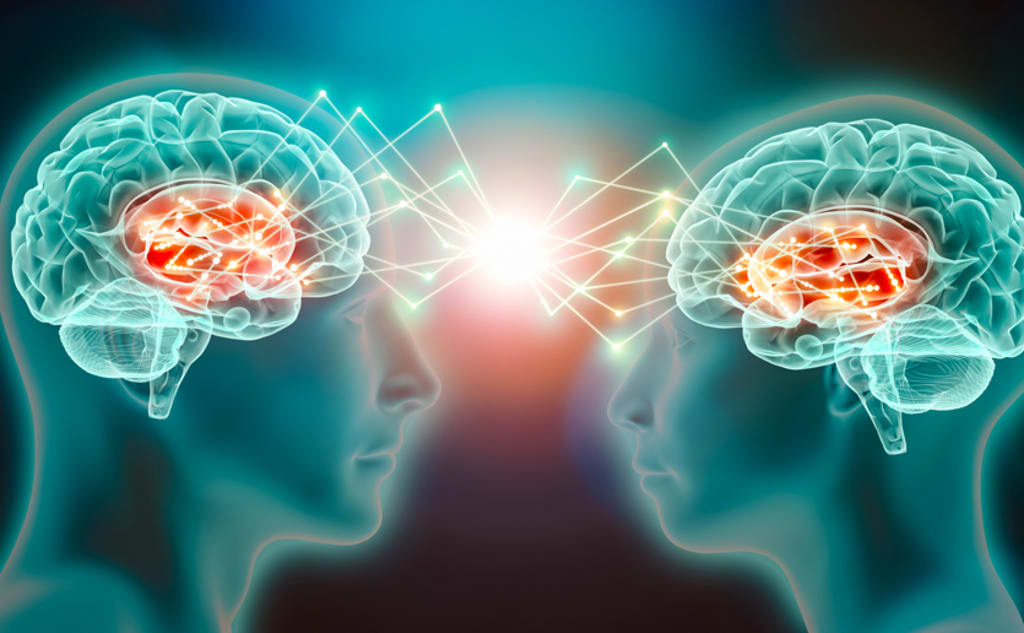The neuroscience of empathy
Why we're wired to connect??

Empathy is the ability to understand and share the feelings of others. It's an essential aspect of social behavior and helps us to build connections with others. But why are we wired to connect with others, and what's going on in our brains when we experience empathy? In this article, we'll explore the neuroscience of empathy, including the brain regions involved and the role of mirror neurons.
Brain Regions Involved in Empathy
Several brain regions are involved in the experience of empathy. One of the most crucial regions is the anterior cingulate cortex (ACC). The ACC is responsible for monitoring our internal state and detecting conflicts between our own emotions and those of others. When we perceive someone else's pain or distress, the ACC becomes activated, and we experience an empathetic response.
Another important brain region involved in empathy is the insula. The insula is located deep within the brain and is responsible for processing emotions and sensations. When we experience empathy, the insula becomes activated, and we experience a physical response to the emotions of others.
The prefrontal cortex is also involved in empathy. This region is responsible for higher-level cognitive functions, such as decision-making and planning. When we experience empathy, the prefrontal cortex helps us to regulate our emotions and make decisions about how to respond to others.
Finally, the mirror neuron system is also involved in empathy. Mirror neurons are specialized cells that fire when we perform an action or when we observe someone else performing the same action. For example, if we see someone else smile, the mirror neurons in our brain fire, causing us to experience a similar sensation of happiness or pleasure.
The Role of Mirror Neurons in Empathy:-
Mirror neurons play a critical role in empathy. They help us to understand the actions and emotions of others by allowing us to simulate their experiences in our own minds. When we observe someone else experiencing an emotion or performing an action, the mirror neurons in our brain fire, causing us to experience a similar sensation.
For example, if we see someone else crying, our mirror neurons fire, causing us to experience a similar feeling of sadness or empathy. This allows us to understand and relate to the emotions of others, even if we haven't personally experienced the same situation.
Mirror neurons also help us to learn and imitate the behavior of others. For example, when we see someone else perform a task, our mirror neurons fire, allowing us to simulate the experience and learn how to perform the task ourselves. This is why we often learn best by observing others and imitating their behavior.
Empathy and Social Behavior:-
Empathy is a crucial aspect of social behavior. It allows us to connect with others, build relationships, and understand the emotions and perspectives of those around us. When we experience empathy, we're more likely to help others in need, and we're better able to resolve conflicts and build positive relationships.
Empathy is also essential for developing a sense of morality and ethical behavior. When we're able to understand and relate to the emotions and experiences of others, we're more likely to act in ways that are compassionate and just.
Conclusion
The neuroscience of empathy is a fascinating field that sheds light on why we're wired to connect with others. By understanding the brain regions involved in empathy and the role of mirror neurons, we can gain a better understanding of how we experience empathy and how it helps us to navigate the social world. Empathy is an essential aspect of social behavior, and by cultivating our ability to empathize with others, we can build more meaningful and positive relationships with those around us.





Comments
There are no comments for this story
Be the first to respond and start the conversation.